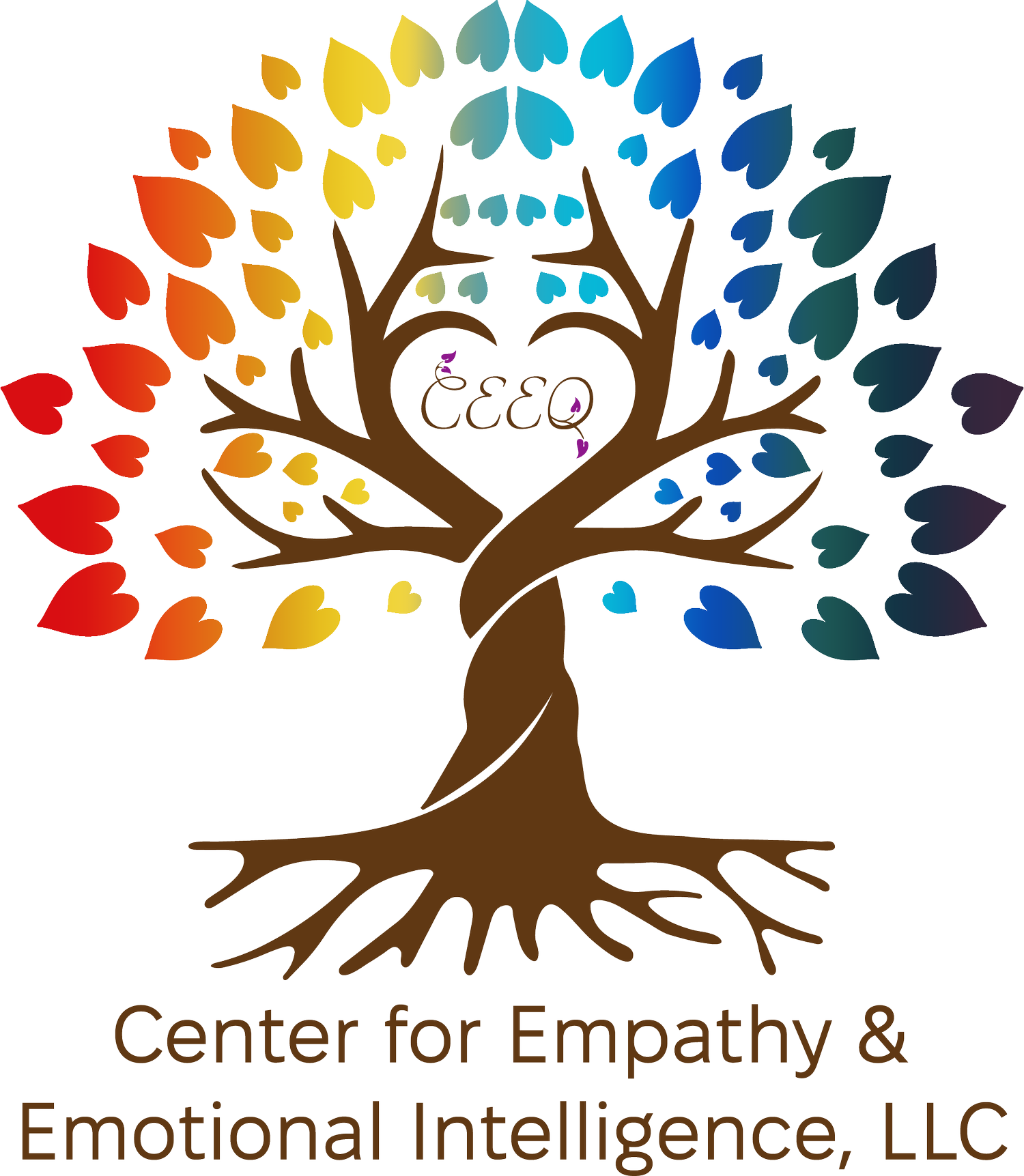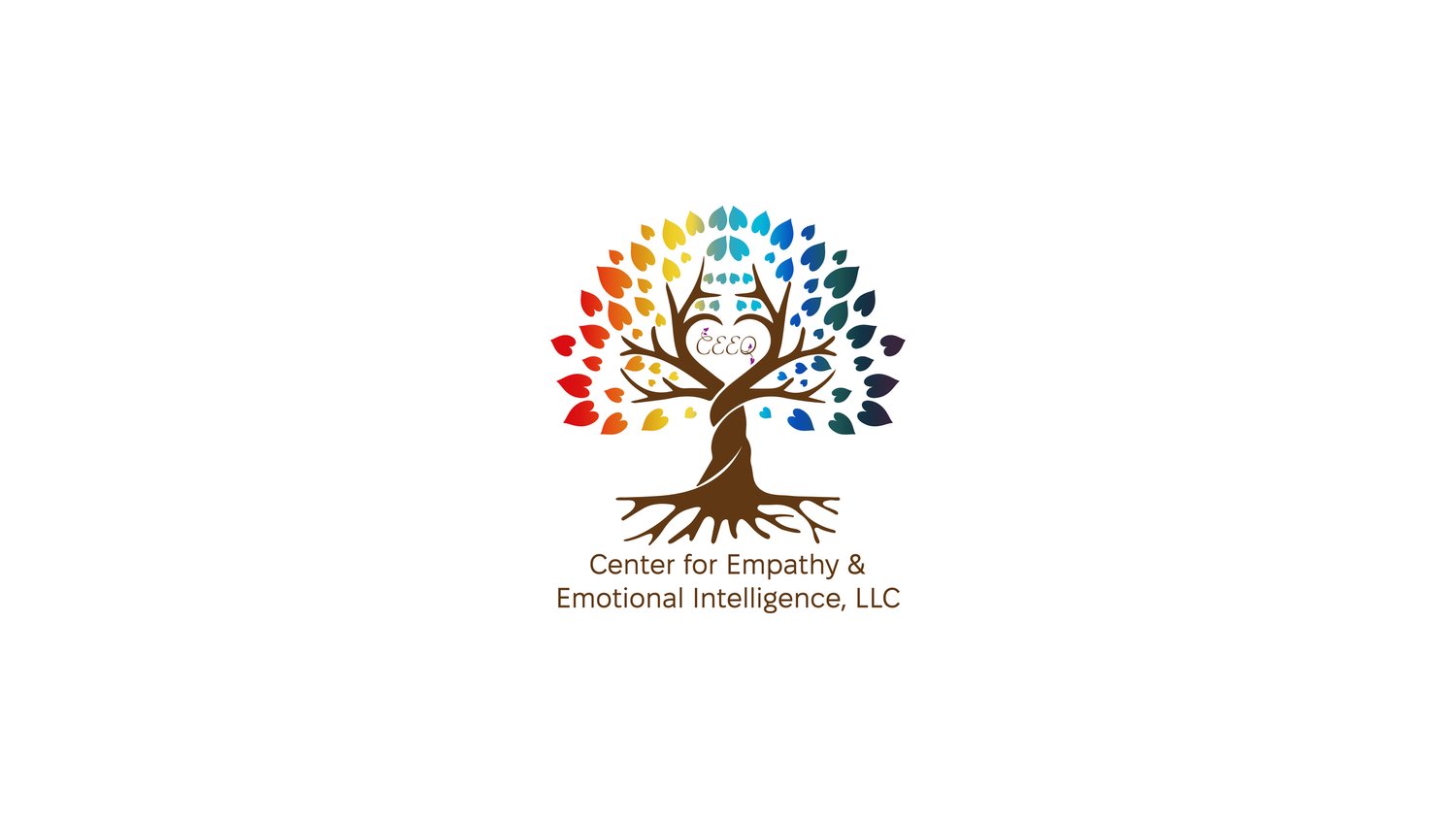Everyone wants to feel heard.
In 2019, LinkedIN’s Global Talent Trends reported that 90% of companies say soft skills (such as communication) are increasingly important to their success and important to productive collaboration.
This is because people are better able to listen as well as share their thoughts, ideas and feelings which then removes unhealthy competition thus fostering successful collaboration.
As you can probably imagine, there has been similar research supporting communication being important to productive collaboration in families and relationships across the board.
Across the research I have done, communication breakdown is also the number one reason people divorce.
Do you feel your communication skills could improve? Do you know how to do that? Are willing to try something new?
Communication is KEY.
And, when it is done with a response rather than an intense reaction, with a desire to understand rather than to provoke, to love rather than to poke, then healing and collaboration can begin.
Maya Angelou said,“I've learned that people will forget what you said, people will forget what you did, but people will never forget how you made them feel.”
This quote has had a major impact on my life and my relationships. There are some people who made me feel so uncomfortable from whom I chose to detach and many who made me feel special with whom I continue to invite into my life.
Because of the simple beauty of this quote, I have been on a mission to empower myself and others to enter into communication with one another with the intention to offer loving feelings rather than disdain or rupture.
Learning to respond rather than react has proven time and time again to create the ability for people to feel heard and understood.
According to Susan Whitbourne, PhD in her article in Psychology Today: To become an effective communicator, you need to learn to listen just as much as you need to learn to speak.
Three impactful listening strategies are discriminative listening, empathic listening, and meaningful listening.
Discriminative listening is being able to understand what someone says while also paying attention to their tone and body movement. These can be two different messages.
Empathic listening is being able to feel the feelings of what someone is sharing with you and having the experiences to relate to them.
Meaningful listening is to commit to listening for their meaning and not making it about you, listening to understand, not to defend, listening to love and heal not to escalate or hurt.
I would like to take you through a recent conversation between a mother and a daughter which didn’t go so well:
Daughter: “I hate you!”
Mother: “You can’t hate me, I am your mother. After all I do for you! You’re being disrespectful. Go to your room!”
Result: Both mother and daughter stormed off, daughter in tears, mother shaking with anger.
Have any of you felt the pain of an unsuccessful communication exchange either in your workplace, your family or with your more intimate relationships?
I would like to introduce you to a three-step process of Compassionate Communication, I use with my clients then I will give you an example of it when you can really see it working.
Compassionate listening: listening to understand, love
Thoughtful Reflection: word for word repeating back
The Art of Responding: thanking, relating but not sharing
I am going to now share with you the same but slightly extended exchange between mother and daughter using the 3-step process:
Daughter: I hate you!
Mother: I hear that you hate me. Would you be willing to tell me what it is that I do that has you feeling this way?
Daughter: I hate that you control my phone use. If you gave me the phone, it is mine. Why do you get to control how much I use it?
Mother: I hear you saying that I control your phone, that if I gave you the phone, it is yours. I hear you asking me why I get to control how much you use it? Did I get that right?
Daugher: Yes
Mother: Did I miss anything?
Daughter: No
Mother: May I respond?
Daughter: Yes
Mother: Thank you so much for being willing to share with me how you feel. May I ask a question?
Daughter: Yes
Mother: I heard you say you hate me and then I heard you say you were upset about the control I have over your phone, do you hate me or do you hate the control I have over the phone?
Daughter: Well, I hate that you have control over my phone which makes me angry with you.
Mother: Thank you for sharing this with me. I love you very much and hear that this is hard for you.
So now, I ask you, the reader, do you feel or see the difference in this experience?
What is your communication style? Are you the provoker or the poker? How do you want to proceed in your relationships? What outcome do you desire? What are you willing to try to get that outcome?

